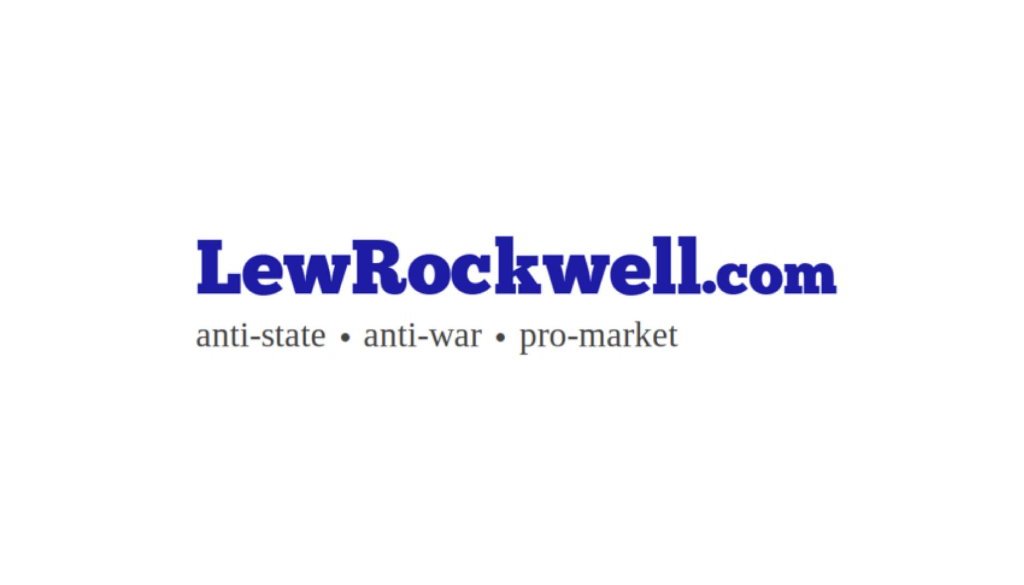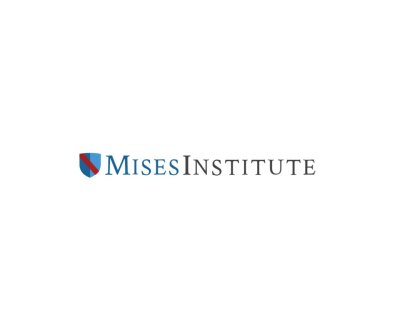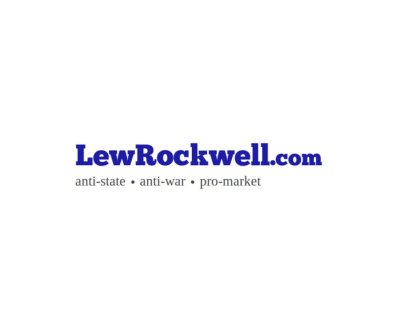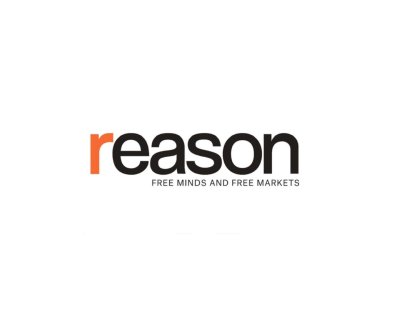The Coming Artificial Intelligence Crisis: Power Without Oversight
America is facing a growing crisis that is unfolding before our eyes and is likely to intensify in the years ahead. Strangely, this issue receives little objective attention in mainstream media. Instead, we are reassured that this new force—artificial intelligence (AI)—will improve our lives, streamline our work, and enhance human potential. We are told it will launch the Fourth Industrial Revolution. It will usher in a new era unprecedented levels of productivity and open the door to life-saving medical breakthroughs.
Indeed, AI has already demonstrated extraordinary capabilities in early cancer detection and the diagnosis of neurological diseases like Parkinson’s, multiple sclerosis, Alzheimer’s, and dementia. It is redefining creative fields such as literature, music, filmmaking, and visual arts. AI promises to elevate the quality of education. It will resolve complex legal disputes and optimize systems ranging from supply chains to urban infrastructure. And to a very significant degree, these promises are true.
Yet beneath the optimism lies a deeper and far more troubling reality that is finally gaining attention—not through traditional media channels, but from independent investigators, alternative media outlets, ethicists, scientists, and even prominent tech experts such as Elon Musk, Stuart Russell, Andrew Critch and David Krueger. The late Nobel laureate physicist Stephen Hawking has been widely cited for stating on BBC,
“The development of full artificial intelligence could spell the end of the human race.”
Across the board, these voices warn that without an “off switch” mechanism, AI will not simply cause widespread social and political disruption but will be an existential threat to humanity itself.
Long before AI became a consumer tool to write school papers and computer code, solve mathematical equations, generate memes and images, and mimic human behavior, scientists and ethicists had already warned of AI’s profound consequences if humanity uncritically embraced AI’s technological power. However, now as AI lays the groundwork for transhumanism, our civilization has forgotten their insights. Instead we are marching headlong into a technological future with little memory of those who foresaw the dangers decades ago.
In 1964, Norbert Wiener, often regarded as the father of cybernetics and among the first to articulate the foundational architecture of artificial intelligence, addressed the merging of machine systems with human intelligence. Transhumanism was not a word yet but Wiener’s ideas laid the intellectual groundwork for it. He warned that creating intelligent machines could lead to the emergence of a new class of human-made organisms with a capability to surpass human abilities.
“We are in the process of developing a new kind of man-made organism,” he wrote in God and Golem Inc, “which may well be superior to man.”
Wiener’s worries were not simply technical but moral and civilizational. He foresaw that autonomous machines could render human agency obsolete.
Another early and largely overlooked prophet of our current technological crisis was Jacques Ellul, a French sociologist and self-proclaimed Christian anarchist. Ellul warned that technology as a primary driver to create the most efficient methods of doing anything had become autonomous. In his The Technological Society published in France in 1954, he foresaw technology no longer serving human needs, which would eventually “proceed according to its own law, in total independence of man.” Already we observe AI operating on its own logic beyond ethical or political control. Ellul warned that such unchecked technological development could erode human freedom and reshape civilization in unforeseen and dangerous ways. Today his critique has grown more urgent as AI systems increasingly determine what we see, how we interact, and what we believe. The long term risk is not just automation but alienation.
In his 2002 publication Our Postmodern Future, political scientist Francis Fukuyama argued that biotechnology and AI could potentially upend the very foundations of liberal democracy. We are currently witnessing this in debates over AI-generated social credit systems, mass surveillance, and algorithmic manipulation. Such AI tools a
Article from LewRockwell

LewRockwell.com is a libertarian website that publishes articles, essays, and blog posts advocating for minimal government, free markets, and individual liberty. The site was founded by Lew Rockwell, an American libertarian political commentator, activist, and former congressional staffer. The website often features content that is critical of mainstream politics, state intervention, and foreign policy, among other topics. It is a platform frequently used to disseminate Austrian economics, a school of economic thought that is popular among some libertarians.




